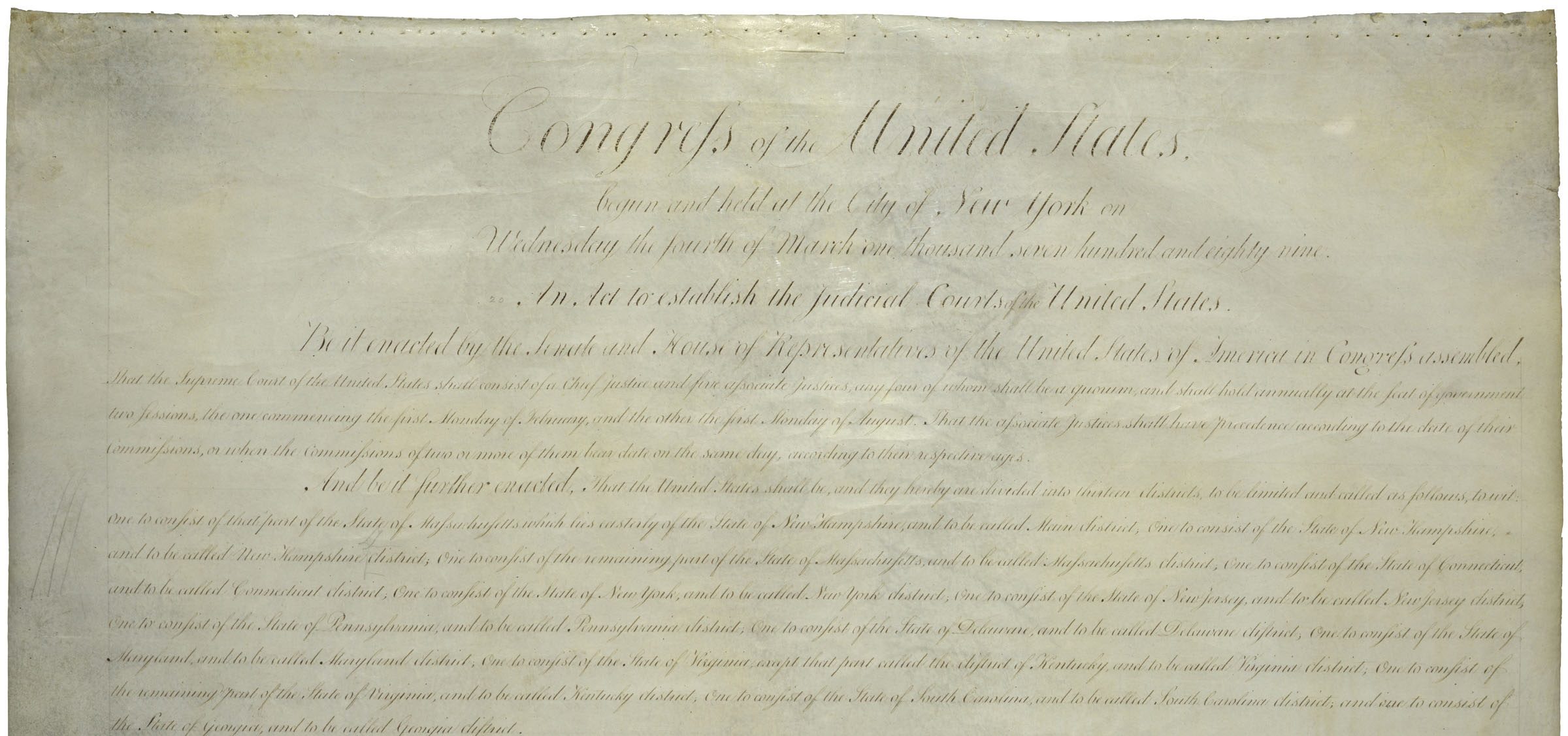In Ali v. City of Chicago, No. 21-1536 (7th Cir. May 17, 2022), the Seventh Circuit holds that a district court did not abuse its discretion by refusing to grant Fed. R. Civ. P. 24 intervention into an existing but settled individual § 1983 claim with the intention of converting it into a Fed. R. Civ. P. 23 class action.
“In January 2019, plaintiff Ali brought this civil rights action against the City of Chicago and several police officers. He alleged that the officers had violated his Fourth and Fourteenth Amendment rights when they arrested and detained him overnight based on a warrant for a different ‘Khalid Ali.’ That warrant had been issued by an Illinois state judge in another county. In his second amended complaint, Ali alleged that the officers were following a City policy ‘of refusing to release on bond an arrestee taken into custody on an arrest warrant issued by an Illinois state court outside of Cook County.’ In each version of his complaint, Ali requested compensatory and punitive damages. None of the complaints, however, included any class allegations or requests for classwide relief.”
As discovery wound up, Ali moved to certify a Rule 23 class action, of “all persons who, on or after January 1, 2017, were detained by Chicago police officers on out‐of‐county warrants and were not permitted to post bond at the police station.” Ali asserted that he only discovered the grounds for a class during depositions. The district court, though, denied the class. It held that the motion came too late in the case and that advance “notice of some kind must be given to the defense that Plaintiff is pursuing a class action.” The court also denied, on timing grounds, Ali’s motion to amend his complaint to add class allegations.
After the plaintiff settled the case, agreeing not to appeal the denial of class certification, but on the same day the stipulation of dismissal was filed another putative plaintiff, Miller, moved to intervene under Rule 24 and filed a notice of appeal concerning the class issue. “The court concluded that intervention was untimely because plaintiff Ali had ‘never presented an operative complaint with a proposed class action,’ so Miller ‘did not reasonably rely on Ali’s case to pursue class certification.’” Miller also appealed the denial of the Rule 24 order.
The Seventh Circuit affirms. It finds appellate jurisdiction over the denial of the Rule 24 intervention (which considered a final appealable decision under 28 U.S.C. § 1291).
“The decisive issue here is whether Miller’s motion to intervene was timely. Federal Rule of Civil Procedure 24 permits intervention on ‘timely motion.’” While timeliness is typically determined by a balancing of factors relating to notice and prejudice to the defendant, here the intervenor argued “that United Airlines, Inc. v. McDonald, 432 U.S. 385 (1977), established a bright‐line rule that makes his motion to intervene timely” because it was “filed ‘within the applicable time for filing an appeal.’ Id. at 396 n.16.” But McDonald specifically concerned a non-certified class action where the named representative abandoned the class case, and a putative class member intervened to appeal the class-action issue.
“To be sure, where a party has failed to intervene because she reasonably expected named plaintiffs or other relevant parties to protect her interests, that expectation is relevant to the timeliness inquiry . . . . No such expectation would have been reasonable in this case. Ali was litigating only his own claim against the City; he was not representing Miller’s interests. The district court did not abuse its discretion in denying intervention.”
Intervenor Miller also argued that the absence of class allegations in the complaint should not be relevant to timeliness, citing Chapman v. First Index, Inc., 796 F.3d 783 (7th Cir. 2015), in which the court noted that Fed. R. Civ. P. 8 does not specifically require a complaint to allege a class definition. But the comments in Chapman were “dicta,” observes the panel, and under the facts of that casethe original complaint at least contained some class allegations. “Since there was no operative class action complaint in Ali’s case, however, Chapman is not relevant on this point.”
